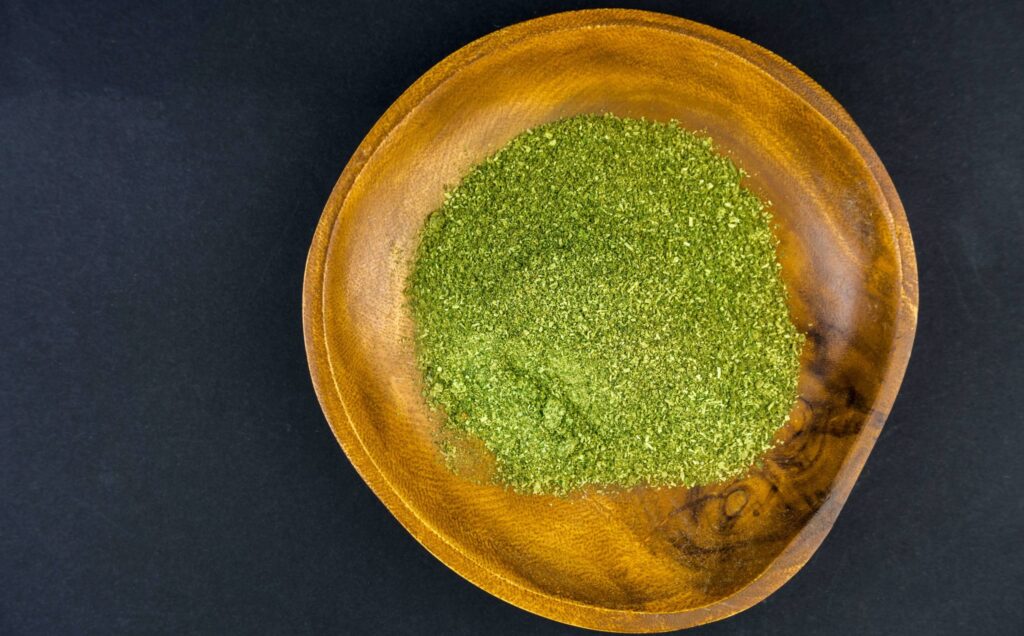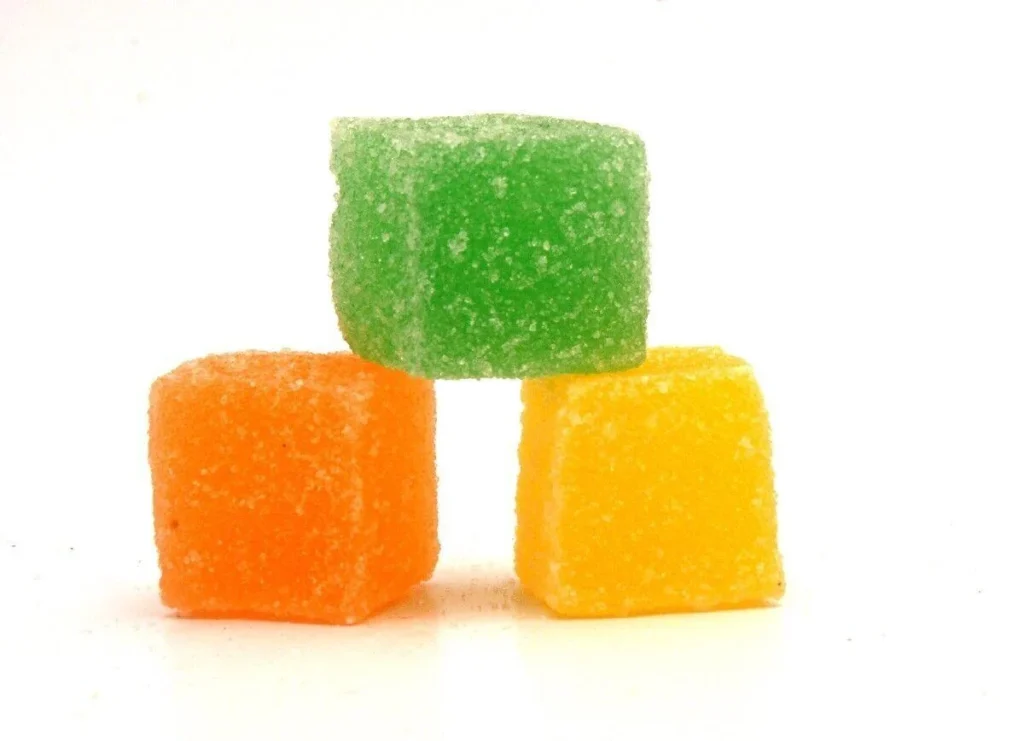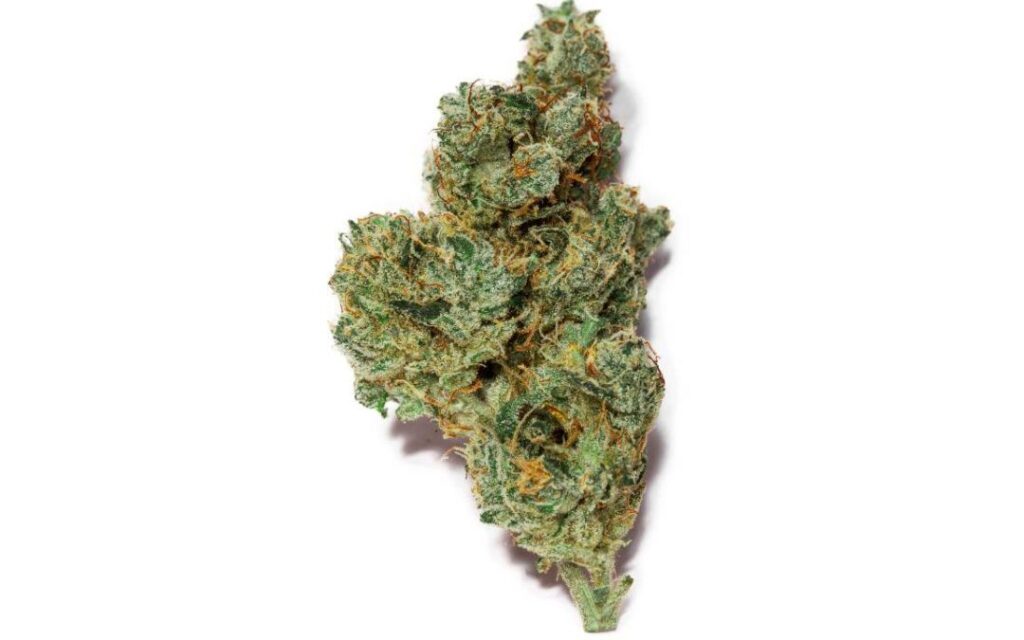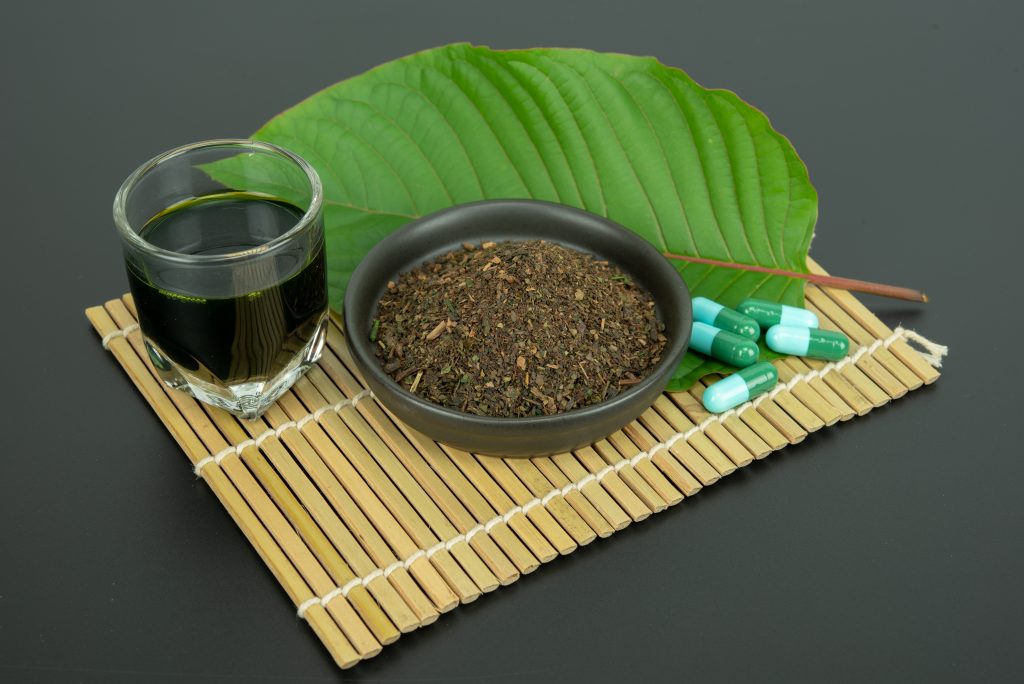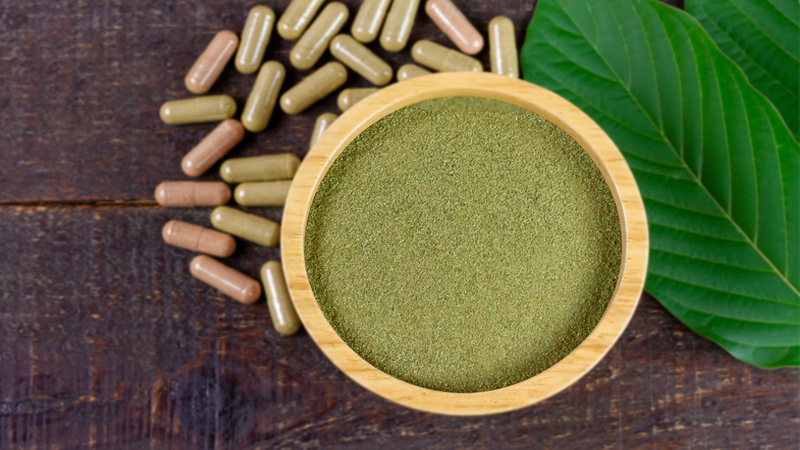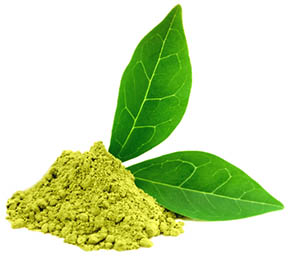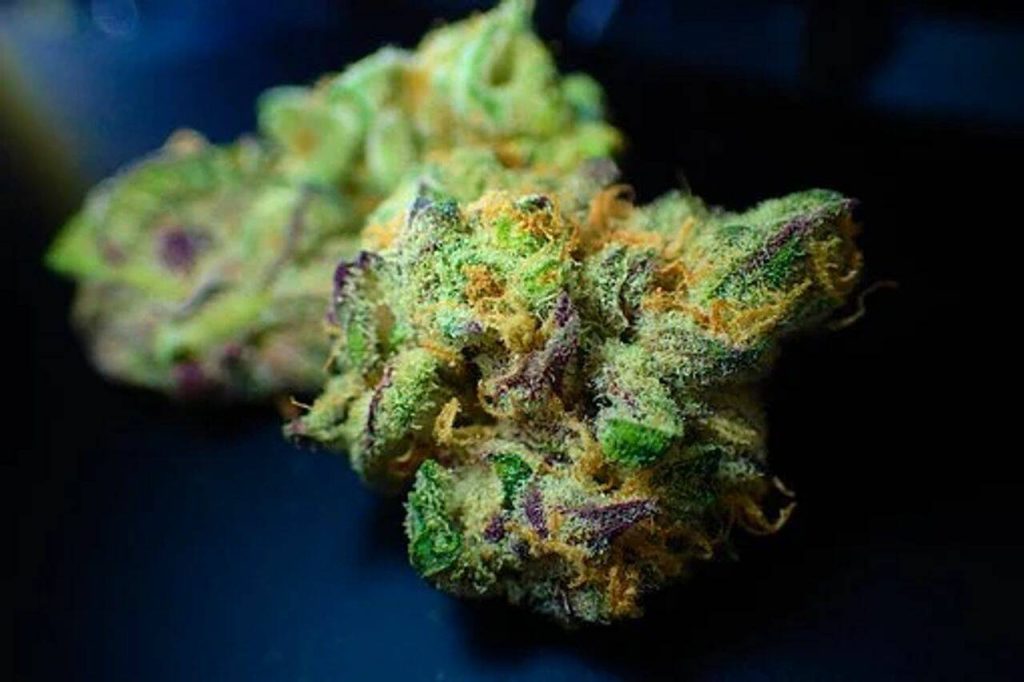Sexually transmitted diseases STDs affect millions of people worldwide every year, yet many individuals may still feel overwhelmed or uncertain when faced with a diagnosis. It is essential to approach the treatment of STDs with a clear understanding and a comprehensive care plan to ensure both physical and emotional well-being. Modern healthcare practices have made significant strides in effectively treating and managing STDs, offering patients hope and confidence for a healthier future. A key component of comprehensive care is education. It is important for healthcare providers to thoroughly explain the nature of the STD, its transmission, symptoms, and potential complications. By offering this information, providers empower individuals to make informed decisions about their treatment options and lifestyle adjustments. Education also extends to prevention, helping individuals understand how to avoid the spread of infections and reduce the risk of future infections.
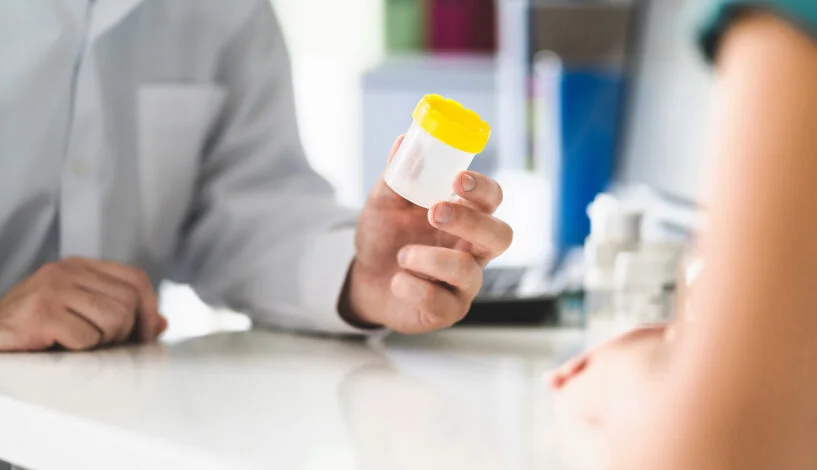
Treatment for most STDs can range from antibiotic or antiviral medications to more specialized therapies. The specific treatment depends on the type of infection. For bacterial STDs such as chlamydia, gonorrhea, or syphilis, antibiotics are highly effective when administered promptly. On the other hand, viral STDs like herpes, HIV, or HPV may require long-term management with antivirals or other therapies to control symptoms and prevent complications. In many cases, early intervention can cure or significantly reduce the impact of the disease, preventing long-term health issues such as infertility, chronic pain, or transmission to others. Beyond medical treatment, emotional and psychological support plays a vital role in the comprehensive care of individuals with STDs. The stigma surrounding STDs can cause shame or anxiety, making it difficult for individuals to seek treatment or openly discuss their condition. Healthcare providers must create a supportive, non-judgmental environment where patients feel comfortable sharing their concerns.
Support groups or counseling services may also offer valuable assistance in navigating the emotional aspects of living with drtsuri austin STD. Regular follow-up care is another crucial element of comprehensive care. It allows healthcare providers to monitor treatment progress, manage any side effects, and adjust therapy as needed. For individuals living with chronic viral STDs, consistent follow-up can help manage symptoms and ensure that the condition remains under control. treating STDs with confidence and clarity involves a combination of accurate information, effective treatment, emotional support, and ongoing care. With advancements in healthcare, people diagnosed with STDs can lead healthy, fulfilling lives, free from the fear and confusion that often accompanies these conditions.


